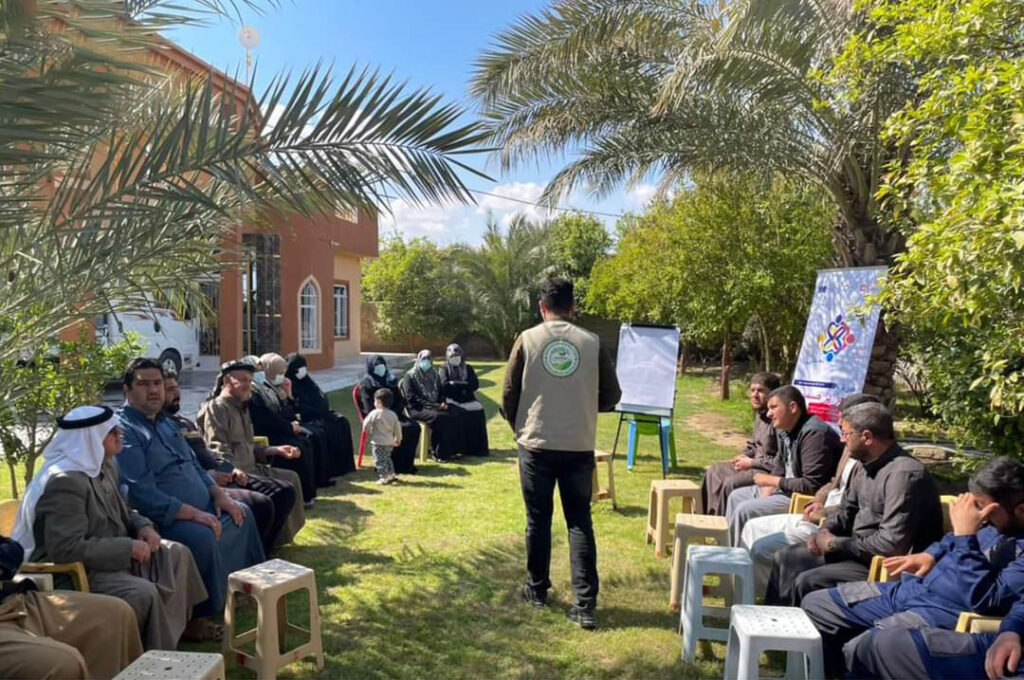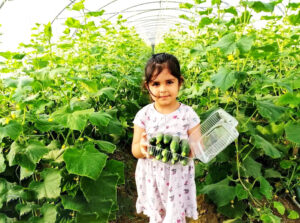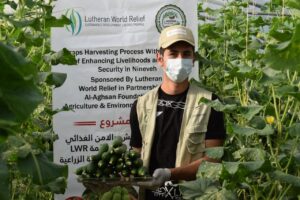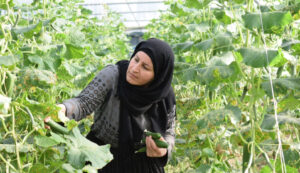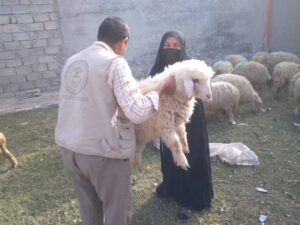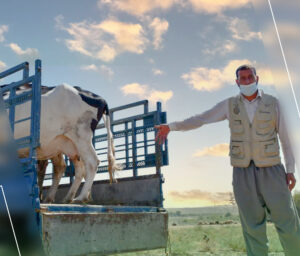Violence against children
Children typically experience violence at the hands of the people they trust most.

Details
READING TIME
3 min
CATEGORY
CP
AUTHOR
Aghsan
TOPIC
Protaction
Violence against children takes many forms. It can be physical, emotional or sexual. It happens in all countries and any setting – in a child's home, community, school and online. In some parts of the world, violent discipline is socially accepted and common. And for many girls and boys, violence comes at the hands of the people they trust – their parents or caregivers, teachers, peers and neighbours. But the most devastating types of violence are often hidden from public view. Perpetrators go to great lengths to conceal their acts, leaving children – especially those who lack the capacity to report or even understand their experience – vulnerable to further exposure. Violence affects all children. But children living with disabilities or HIV and AIDS, those suffering extreme poverty, girls and boys in institutional care, and children separated from their families or on the move – as migrants, refugees or asylum seekers – face the greatest risk. Sexual orientation, gender identity and belonging to a marginalized social or ethnic group also heightens a child’s chance of suffering violence.
NEW WEBSITE
LATEST EVENT
No matter what form of violence a child is exposed to, her experience may lead to serious and lifelong consequences. Violence can result in physical injury, sexually transmitted infections, anxiety, depression, suicidal thoughts, unplanned pregnancy and even death. Evidence also suggests that toxic stress associated with violence in early childhood can permanently impair brain development and damage other parts of the nervous system. Long-term behavioural impacts on children include aggressive and anti-social behaviour, substance abuse, risky sexual behaviour and criminal behaviour. Despite these grave physical and mental health consequences, the vast majority of child victims never seek or receive help to recover. What’s more, children who grow up with violence are more likely to re-enact it as young adults and caregivers themselves, creating a new generation of victims.
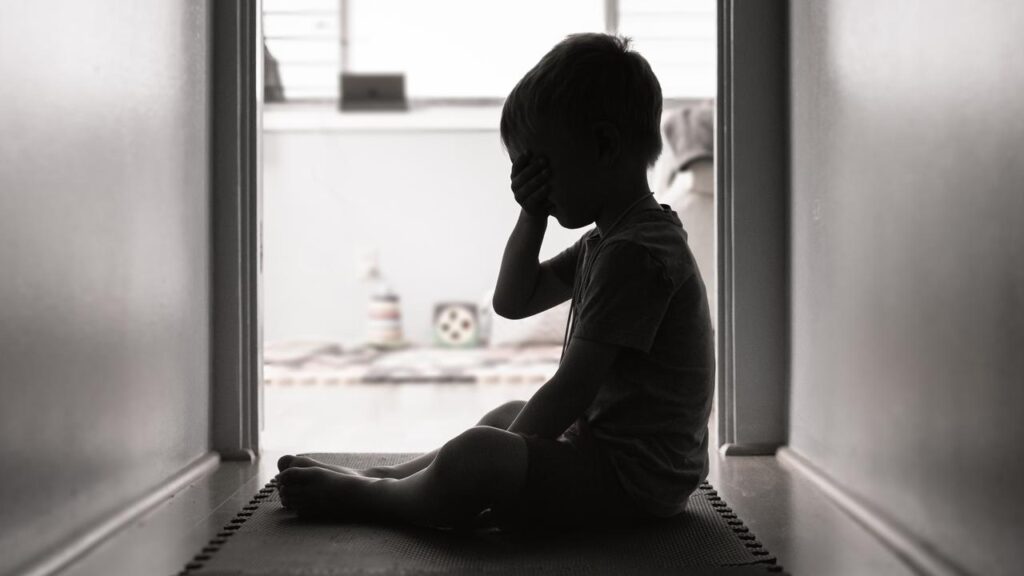
Key facts
- Some 15 million adolescent girls aged 15–19 have experienced forced sex in their lifetime.
- About 10% of the world’s children are not legally protected from corporal punishment.
- Over 1 in 3 students aged 13–15 experience bullying worldwide.
- Approximately 1 in 4 children under the age of 5 – some 176 million – live with a mother who is a victim of intimate partner violence.
- Roughly 3 in 4 children between the ages of 2 and 4 – around 300 million – are regularly subjected to violent discipline by their caregivers.
How does violence against children affect sustainable development?
Violence against children significantly undermines the social and economic development of communities and nations. The global economic costs resulting from physical, psychological and sexual violence against children are estimated to be as high as $7 trillion – roughly 8 per cent of global GDP annually. Increased public expenditure on child welfare, special education, and medical and psychological services for victims account for some of these costs. Victims coping with the psychosocial and physical effects of violence also face barriers participating in public life and fulfilling their potential. Violence, particularly in schools, undermines children’s ability to learn, with consequences for their education and employment prospects that can pass through generations.
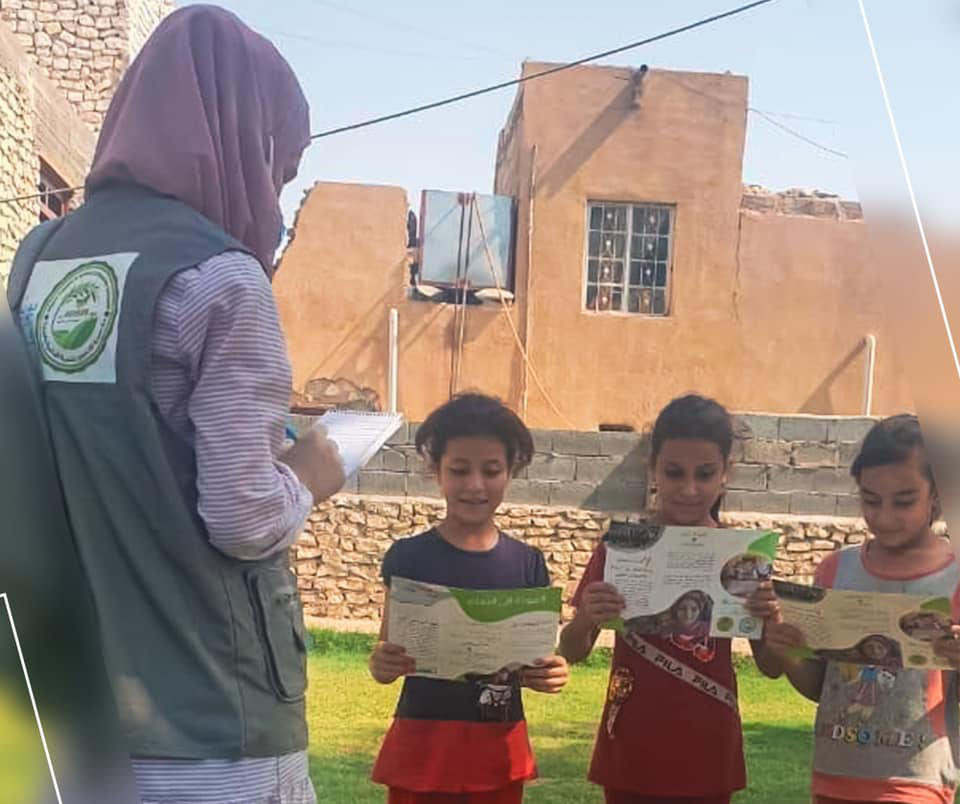
Aghsan Foundation’s response
In both the Convention on the Rights of the Child and the Sustainable Development Goals (SDGs), countries committed to end violence against children. The SDGs call for the end of abuse, exploitation and all forms of violence and torture against children by 2030.
The Aghsan Foundation works with governments and partners in Iraq to prevent and respond to violence against children in all contexts.
We collaborate with governments across sectors – including health, education, the justice system, and other social services – and with partners in business, civil society, faith-based organizations and the media to prevent and respond to violence against children. At the national and local levels, our efforts strengthen laws and policies to improve public service delivery for children and families in their homes, communities and schools.
We also support parents and caregivers through parenting initiatives, while working with young people themselves to ensure their voices shape Aghsan Foundation programming. And we work with communities, too, to tackle harmful behaviours and social norms, advocating for social change that promotes safe environments.
Aghsan Foundation plays a pivotal role in establishing global alliances and setting technical guidance to comprehensively address violence against children. By improving data availability and building evidence, we help raise awareness, enhance political will and hold decision makers to account.
Our programmes
Last News
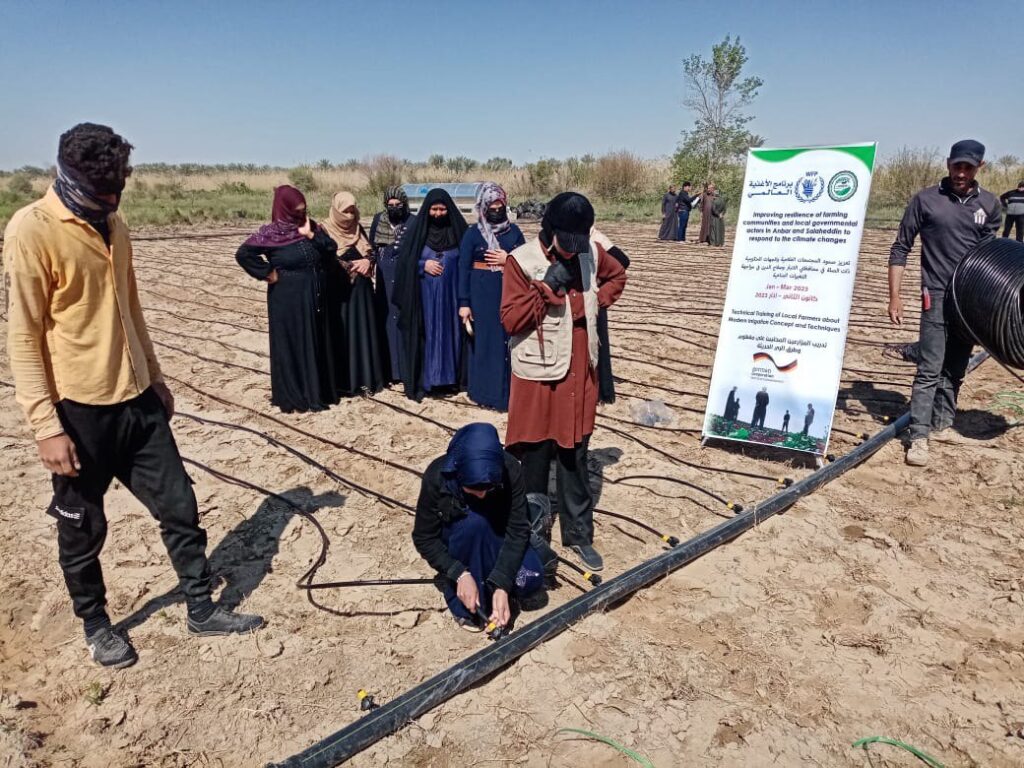
About us
Gender Equality Policy
The Aghsan Foundation remains committed to creating a better world for all-a world where inequality on any grounds
Aghsan
0 Comments
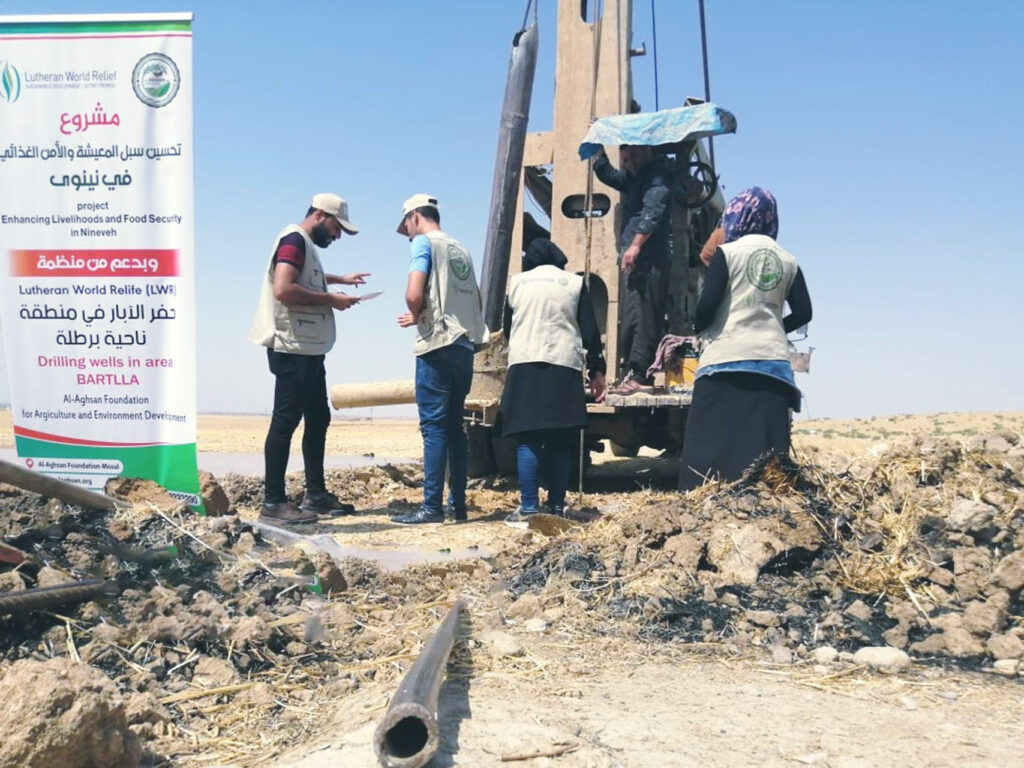
WHAT WE DO
Aghsan Foundation in Emergencies
Humanitarian action is central to Aghsan Foundation and realizing the rights of every child.
Aghsan
0 Comments
Services

WHAT WE DO
Aghsan Foundation in Emergencies
Humanitarian action is central to Aghsan Foundation and realizing the rights of every child.
Aghsan
0 Comments
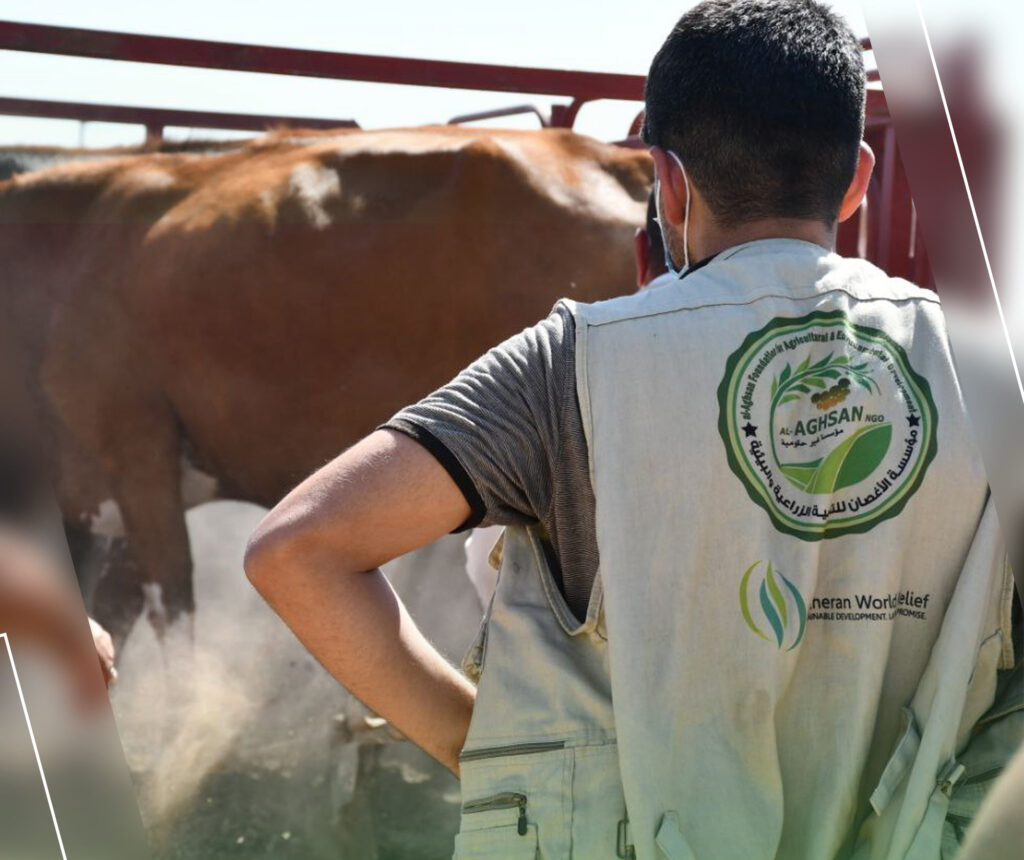
WHAT WE DO
Economic Recovery
The Economic Recovery sector is one of Aghsan Foundation’s five core sectors of intervention.
Aghsan
0 Comments
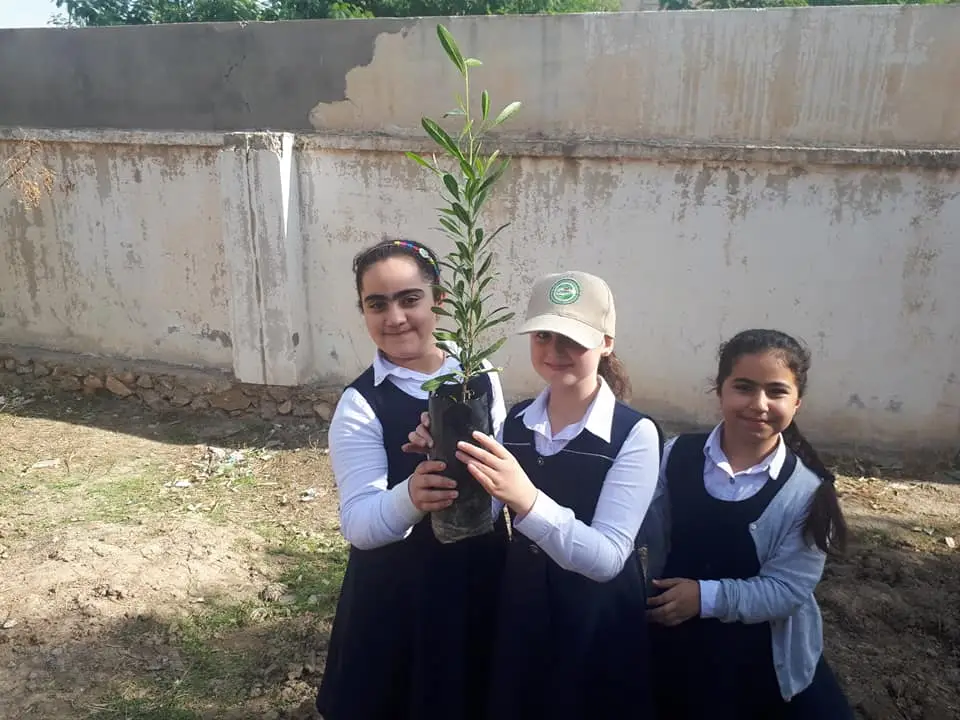
WHAT WE DO
Friends of the Environment
Aghsan Foundation commits to respond to the global climate crisis and environmental degradation
Aghsan
0 Comments
